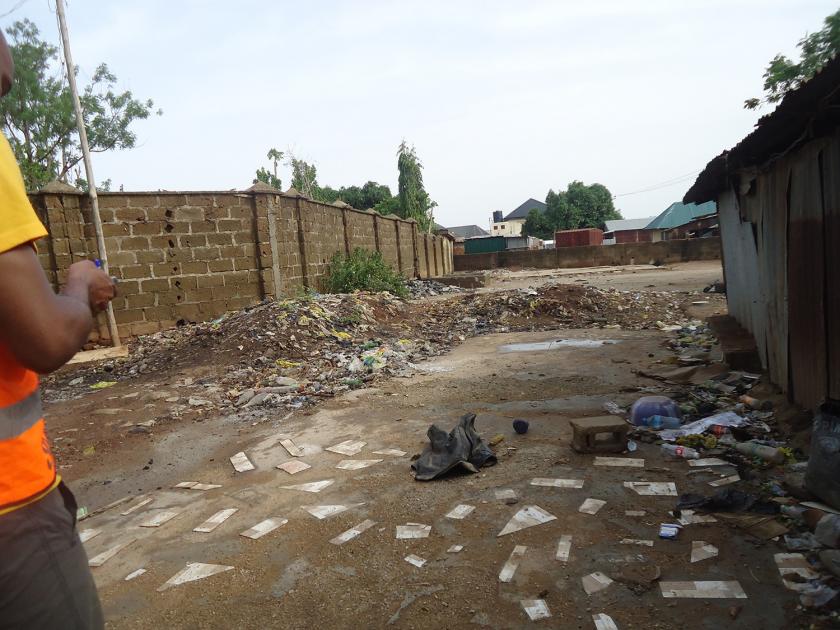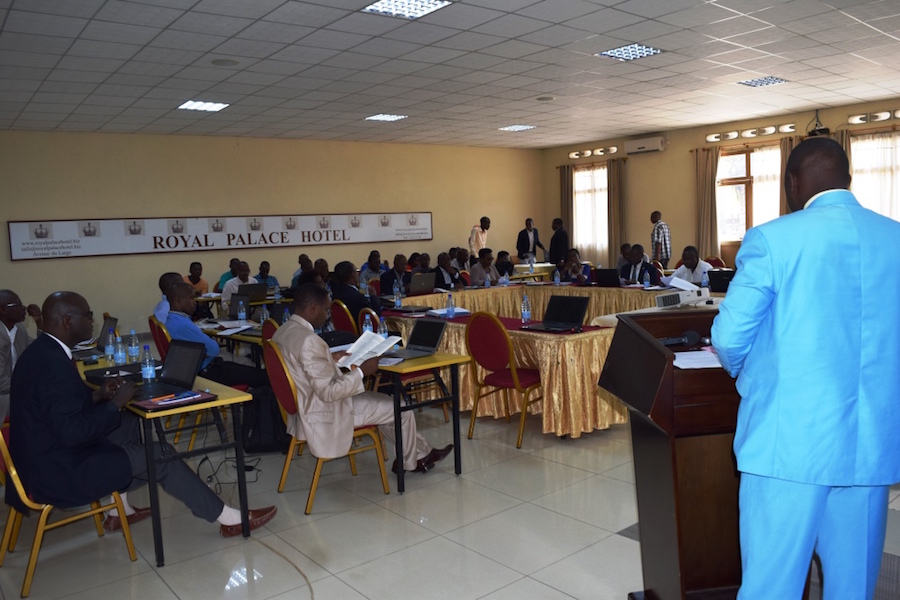
Kaduna city, in northwestern Nigeria, is a bustling metropolis of about 1.5 million people. Established from quasi-virgin territory by Lord Frederick Lugard in 1912, it was initially a garrison town which then morphed into the regional capital of the then Northern Protectorate.
Among other industries, the city hosts chemical plants, refineries and petrochemical facilities, vehicle assembly lines, fertilizer processing companies, breweries, and defense units.
For instance, frequent air pollution and toxic effluents threaten the neighbouring communities and their environment. These hazards are also compounded by drought, erosion, land degradation, rainstorms, windstorms, fires, pipeline vandalism, floods, and pest invasion.
About 60 kilometres south of the Kaduna International airport lies the Kaduna Refining and Petrochemical Company. The refinery, which became operational in the 1980s, is situated near the Mararaban Rido community, which comprises of about 1,500 households.
Between February and June 2018, UN Environment and Nigeria’s Minna-based Federal University of Technology/Centre for Disaster Risk Management and Development Studies carried out a study on how the communities around the refinery respond to natural and man-made hazards and emergencies.
The assessment was conducted within the framework of the Awareness and Preparedness for Emergency at Local Level (APELL) initiative, designed by UN Environment.
“The disposal of industrial effluent into the surrounding environment has given rise to heavily localized pollution and seriously threatens the environment,” concluded the study.
“There is also evidence that local communities are suffering from a variety of health problems that could be a direct or indirect result of the consumption of various forms of water.”
The survey established that while 84.1 per cent of respondents had experienced at least one major hazard, the majority, or 74.7 per cent, had never been informed on preparedness.
Following the study, various government agencies, learning institutions and community leaders from the Mararaban Rido community agreed to form countrywide community emergency awareness committees.
The stakeholders involved are the National Emergency Management Agency; the Nigeria Security and Civil Defence Corps; the National Environmental Standards Regulatory and Enforcement Agency; the National Oil Spill Detection and Response Agency; and community leaders from youth, women, and religious groups, retired soldiers, and police officers.
The mandate of these committees is to coordinate risk identification and assessment, hazard mapping, prioritization and community resilience. They will initially focus on fires, epidemics, and floods.
The APELL process, initiated in 1988, builds cohesive and resilient communities in the face of technological or natural hazards which cause environmental emergencies. This is done by raising awareness and agreement on roles and responsibilities of all community stakeholders in potential preparedness and response measures.
As the leading global environment authority, UN Environment developed in 2015 the Second Edition of the APELL Handbook. The handbook highlights the importance of an integrated multi-hazard approach at the local level and emphasizes the importance of multi-stakeholder and all-of-society engagement.
Culled from UN Environment











